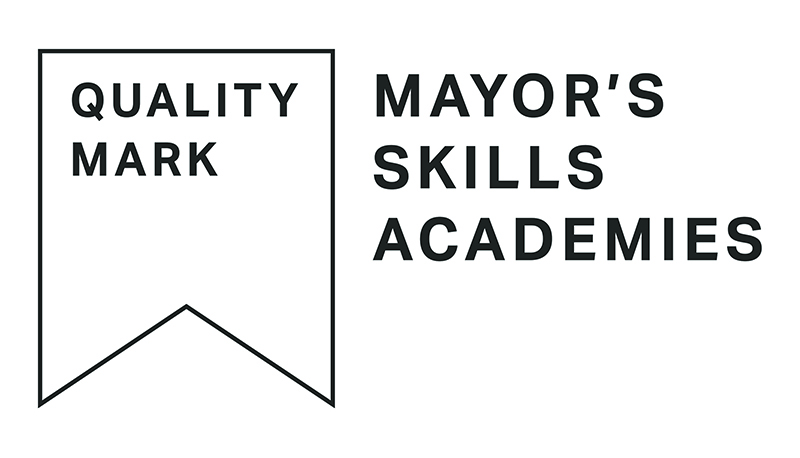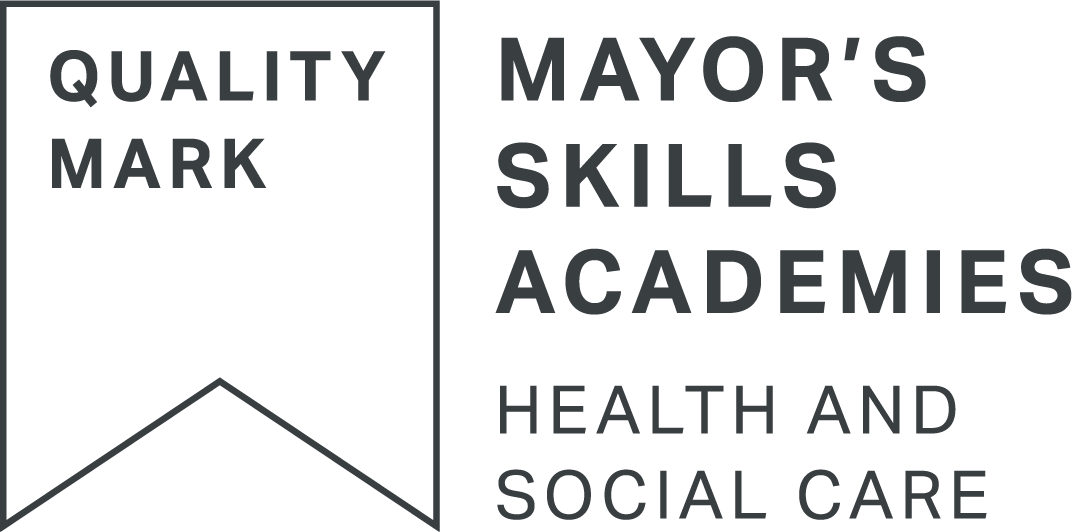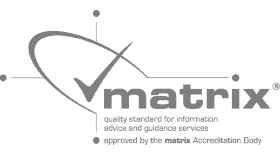-
Teaching Assistant Level 3
Entry requirements
Whilst any entry requirements will be a matter for individual employers, typically an apprentice might be expected to have already achieved 5 GCSEs, including Maths and English, Grade C or above or 4/5 (new grading). Some employers will accept other relevant qualifications and experience, including a relevant Level 2 qualification.
Qualification outcomes
Teaching Assistant Level 3
Progression
As well as ensuring full competency as a Teaching Assistant, this standard provides a foundation for potential progression into a number of career paths in the Educational sector including Higher Level Teaching Assistant, Assistant Teacher and Teacher
Overview of role
Teaching Assistants work in Primary, Special and Secondary education across all age ranges encompassing special educational needs and emotional vulnerabilities.
The primary role of the Teaching Assistant is to support the class teacher to enhance pupils’ learning either in groups or individually, ensuring pupils understand the work set, know their learning objectives and stay on task in order to make progress.
Promoting self-belief, social inclusion and a high self-esteem play an integral part to pupils’ well-being; ensuring pupils thrive in a positive, nurturing, safe environment. It is an active role supporting the learner to access the curriculum.
They are good role models, act with honesty and integrity, take part in team meetings; contribute to planning and class activities.
Promoting Fundamental British Values through spiritual, moral, social and cultural development and positive behaviours are crucial in contributing to improved pupil progress and development.











































